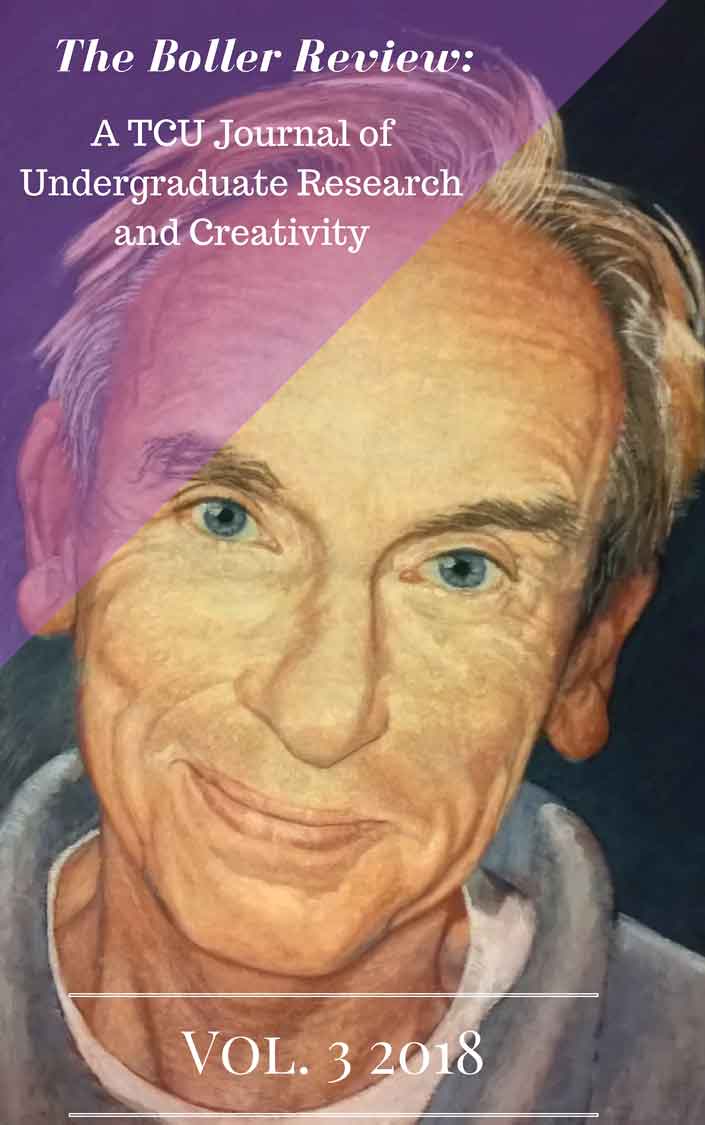Strategies for Enhancing Family-Professional Partnership within Schoolwide Models of Behavior Support
Main Article Content
Abstract
Over the course of several weeks, Strickland-Cohen and Kyzar obtained qualitative data for Positive Behavior Intervention and Supports (PBIS). Positive Behavior Support (PBS) can be defined as “an approach to behavior support that includes an ongoing process of research-based assessment, intervention, and data-based decision making focused on building social and other functional competencies, creating supportive contexts, and preventing the occurrence of problem behaviors” (Kincaid, Dunlap, Kern, Lane, Bambara, Brown, & Knoster, 201, p. 70). PBIS is the “school-based application” of PBS (Kincaid et al., 2016, p.71). One critical feature of PBIS in schools is the inclusion of family member perspectives when developing school-wide expectations and behavioral goals. However, there is a dearth of research empirically related to how to best include families within the PBIS process. In a qualitative analysis, Strickland-Cohen and Kyzar (2018) assessed parent perceptions of family-professional partnerships between teachers and parents whose student received either Tier 1 or Tier 2 PBIS supports through a series of focus group interviews. The study examined experiences and events that affect communication about student behavior between the parents and teacher(s). Participants were 28 family members from three PBIS elementary schools within one school district in the Southwest United States. Participants were asked to answer questions related to strengths and weaknesses in communication with teachers, and ideas that they wish to express to teachers about supporting appropriate behavior and addressing challenging behavior. Based on the findings of this study, as well as other studies related to PBIS, this paper synthesizes the research literature and provides evidence-based strategies that teachers can implement in their classroom to strengthen partnerships with family members.
Comments from Mentors
“In addition to being her Honors Thesis advisor, I have had the pleasure of working with Ms. Dianis in two classes during her senior year as an undergraduate and now as a graduate student. She is a highly inquisitive, creative, and self-motivated student who actively seeks opportunities to learn and grow as a professional. Her passion for and commitment to improving quality of life for children and their families comes through in this work.”
